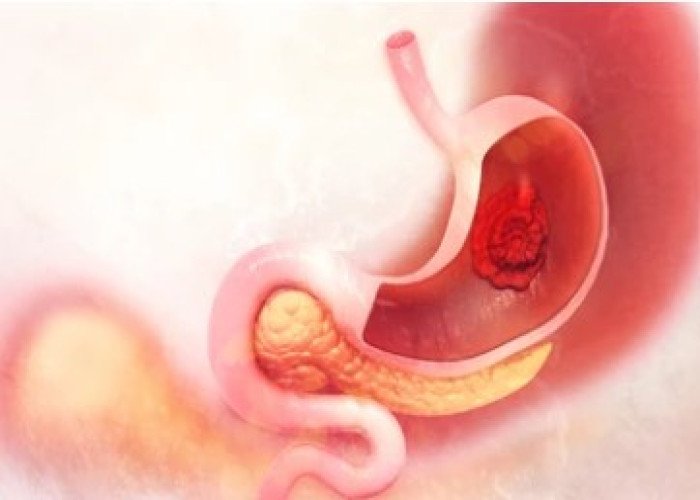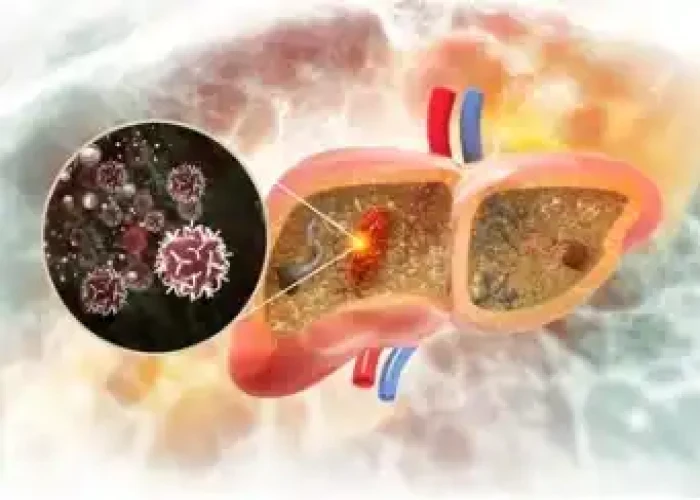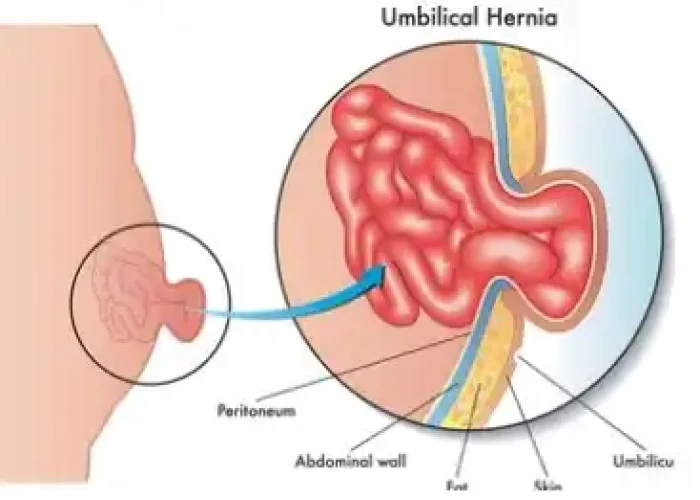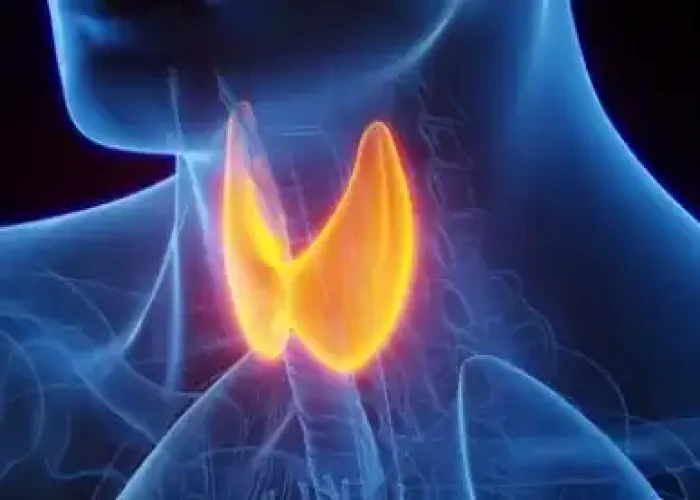 Welcome
Welcome
“May all be happy, may all be healed, may all be at peace and may no one ever suffer."
Sinus - Yoga remedies
The sinuses are air-filled cavities in the skull that are connected to the nasal passages. They are located in the forehead, cheeks, and behind the nose. Sinusitis, also known as a sinus infection, is a condition in which the sinuses become inflamed and filled with mucus.
Common symptoms of sinusitis include facial pain, pressure, and tenderness, headache, nasal congestion, thick yellow or green nasal discharge, postnasal drip, and a reduced sense of smell or taste. Sinusitis can be acute, lasting up to four weeks, or chronic, lasting more than 12 weeks.
Causes of sinusitis can include viral or bacterial infections, allergies, nasal polyps, or a deviated septum. Treatment options for sinusitis depend on the underlying cause and may include over-the-counter or prescription medications such as decongestants, antihistamines, nasal corticosteroids, or antibiotics. In some cases, surgery may be necessary to correct underlying structural abnormalities.
In addition to medical treatments, there are several self-care strategies that can help to alleviate symptoms of sinusitis. These include staying hydrated, using a humidifier, avoiding allergens and irritants, and practicing nasal irrigation using a saline solution.
If you are experiencing symptoms of sinusitis, it is important to speak with a healthcare professional for an accurate diagnosis and appropriate treatment plan. Early treatment can help to alleviate symptoms and prevent complications.

Hysteria (Fainting)

Stomach ulcer

Asthma

Liver and spleen problems

Hernia (Intestinal protru...

Cancer

Glandular weakness

Fainting and hysteria
Sinus, সাইনাস
To be happy, beautiful, healthy, wealthy, hale and long-lived stay with DM3S.
